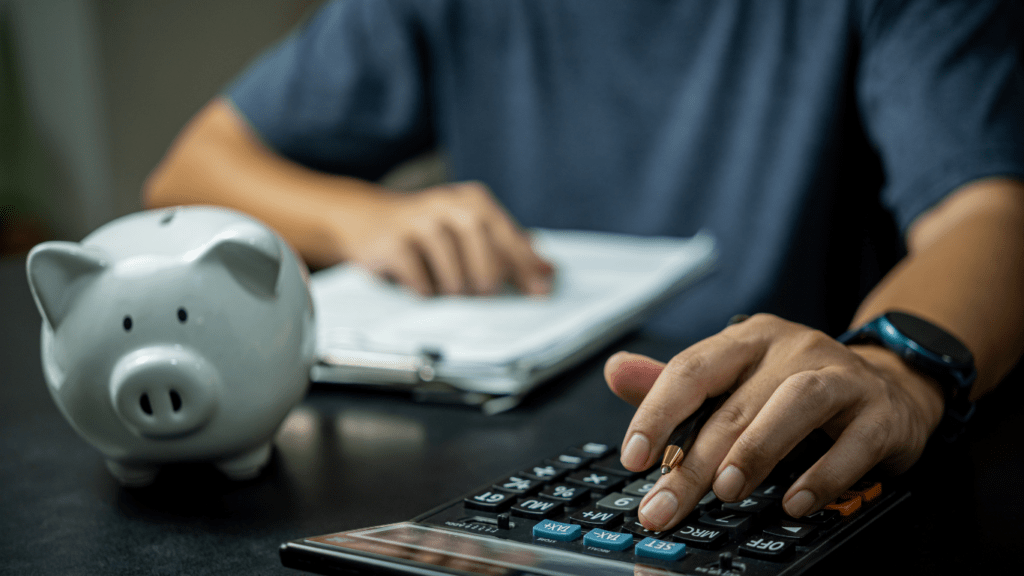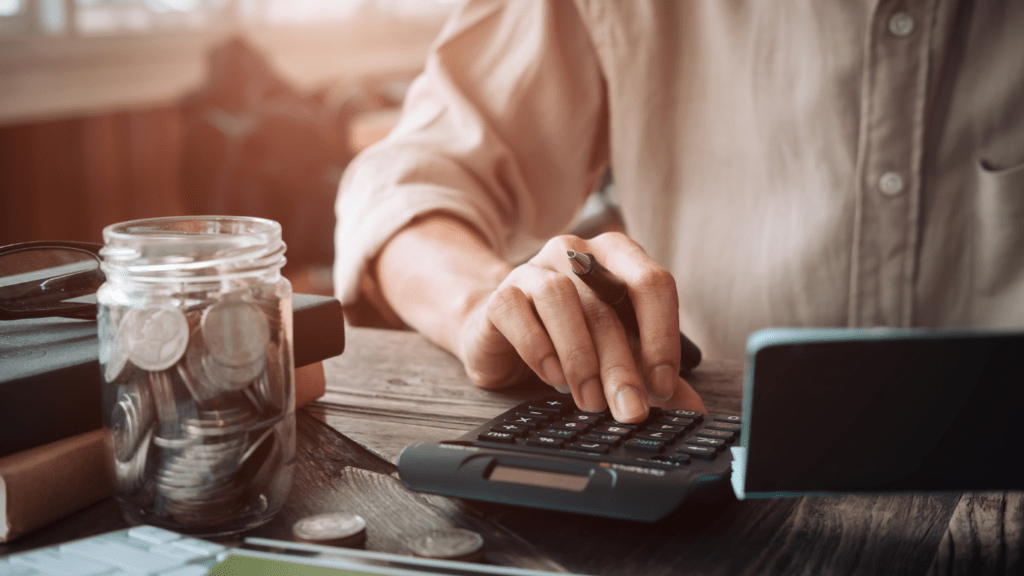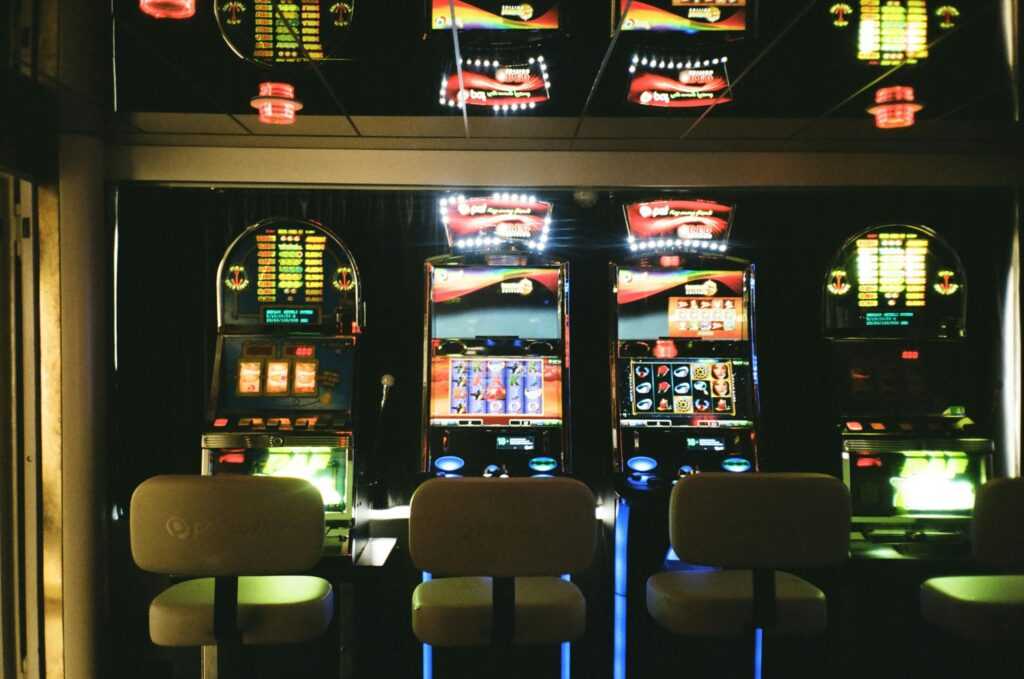Understanding the Importance of a Gambling Budget
Why Setting a Budget Is Essential
Setting a gambling budget is fundamental for financial safety and enjoyment. It’s crucial to allocate specific funds for gambling to ensure that it doesn’t interfere with essential expenses like rent, utilities, and groceries.
A planned budget aids in maintaining control and preventing impulsive decisions.
For instance, by setting a limit of $200 per month for gambling, you can enjoy the activity while safeguarding your financial well-being.
Consequences of Not Having a Budget
Failing to set a gambling budget can lead to severe financial repercussions. Without predefined limits, individuals risk overspending, which can affect their ability to meet essential obligations.
For example, someone who gambles their entire paycheck may struggle to cover rent or utilities.
Chronic overspending can also lead to debt accumulation and stress, affecting one’s overall quality of life.
Key Components of a Gambling Budget
Establishing Your Financial Limits
Determining financial limits is the first step in creating a gambling budget.
Calculate disposable income after covering necessary expenses like:
- Rent
- Utilities
- Groceries
Deduct any savings and emergency funds to establish the true amount available for discretionary spending.
Allocate only a portion of this for gambling to ensure it doesn’t impact essential finances. Adhering to this limit ensures gambling remains an enjoyable activity without causing financial strain.
Accounting for Expenses and Losses
Track gambling-related expenses diligently. Include the cost of games, entrance fees, and any associated travel or accommodations. Also, assume losses to avoid unpleasant surprises.
If gambling activities span various days or weeks, average these costs over time for accurate budgeting.
Separating gambling funds from other discretionary spending aids in consistent tracking and helps identify patterns that could signal a need for budget adjustments.
Steps to Create Your Personal Gambling Budget

1. Assess Your Financial Situation
I start creating my gambling budget by assessing my financial situation. I first calculate my total income, including salaries, bonuses, and passive income sources like investments.
Then, I subtract essential expenses such as:
- Rent
- Utilities
- Groceries
- Transportation
This calculation gives me my disposable income. It’s crucial to know my disposable income to ensure I only allocate a responsible portion to gambling, safeguarding other financial commitments.
2. Define Clear Gambling Goals
Next, I define clear gambling goals. I determine what I aim to achieve with gambling, whether it’s entertainment, winning a specified amount, or just enjoying the thrill of the game.
Setting clear goals helps me stay focused and prevents impulsive decisions. For example, if I want to limit my losses to $100 per month, I ensure this is realistic and in line with my budget.
Clearly defined goals make my gambling more structured and controlled.
3. Allocate Funds Wisely
I then allocate my funds wisely. From my disposable income, I decided on a fixed amount for gambling that doesn’t impact my essential expenses or savings goals.
For instance, if my disposable income is $800, I might allocate $100 for gambling. It’s advisable to separate this amount from other discretionary spending by using a dedicated account or cash amount.
This separation helps in tracking expenses and adherence to the budget, ensuring I gamble responsibly.
Tips for Sticking to Your Gambling Budget
Monitoring and Adjusting Your Budget
Regularly review gambling expenses and remaining funds to stay within the budget. Weekly reviews help identify patterns and avoid overspending.
Tracking outcomes of gambling sessions aids in understanding spending habits. If losses accumulate, consider adjusting the budget to maintain financial health.
Adapting the budget based on gambling behavior ensures it remains realistic and sustainable.
Using Tools to Help Maintain Discipline
Leverage budgeting apps, spreadsheets, or dedicated gambling budget tools to monitor expenses.
Online platforms like Mint or YNAB (You Need a Budget) offer user-friendly interfaces for tracking and analyzing financial activities. Set up alerts to receive notifications when approaching budget limits.
Using self-exclusion features available on many gambling websites restricts access when needed. Combining these tools and features enhances discipline and supports adherence to the gambling budget.
When to Reevaluate Your Gambling Budget
Signs Your Budget Needs Adjustment
Evaluating spending habits reveals signs that a gambling budget needs adjustment. Persistent overspending on gambling activities indicates the budget may be inadequate.
Frequent borrowing or using credit to continue gambling suggests financial strain. Increased stress or anxiety related to gambling finances signals a problematic budget.
Not meeting essential financial obligations points to a need for reevaluation. Sudden changes in disposable income require immediate budget revision.
Adapting Budget to Changing Circumstances
External and internal changes influence the need to adapt a gambling budget. Life events like job loss, salary changes, or increased living expenses necessitate budget adjustments.
Personal goals may shift, requiring a reassessment of gambling priorities and allocations. Tracking gambling outcomes and behaviors prompts necessary budget updates.
Utilizing budgeting tools ensures the updated budget remains effective and aligns with current financial conditions. Regularly reviewing and adapting the budget maintains financial stability and responsible gambling habits.


 Alice McClurg - Content Director Alice McClurg leads the editorial team as Content Director at Jackpot Journey Spot. With a keen eye for emerging trends and a deep understanding of the gambling landscape, Alice curates in-depth articles, event highlights, and game overviews. Her expertise helps guide readers through the ever-evolving world of gambling, ensuring they stay informed and entertained.
Alice McClurg - Content Director Alice McClurg leads the editorial team as Content Director at Jackpot Journey Spot. With a keen eye for emerging trends and a deep understanding of the gambling landscape, Alice curates in-depth articles, event highlights, and game overviews. Her expertise helps guide readers through the ever-evolving world of gambling, ensuring they stay informed and entertained.
